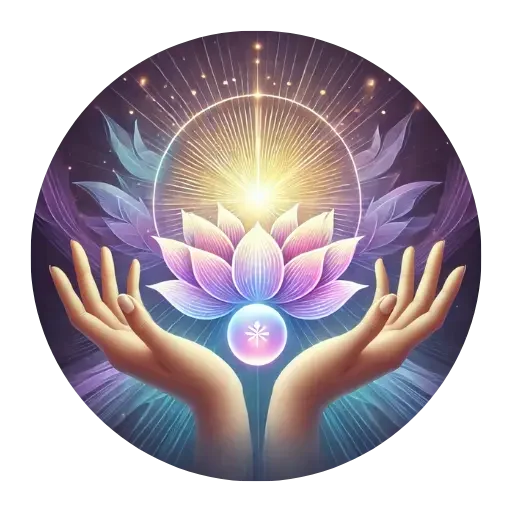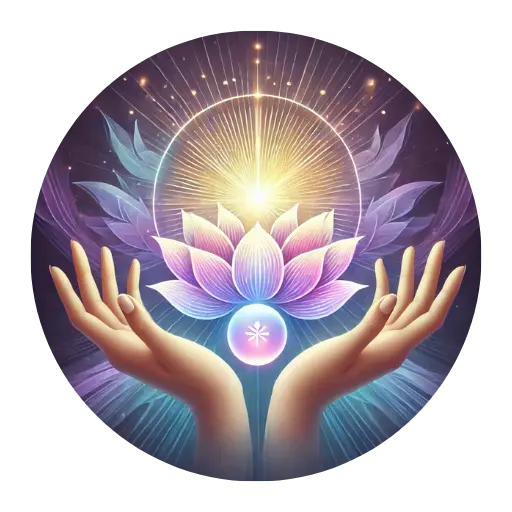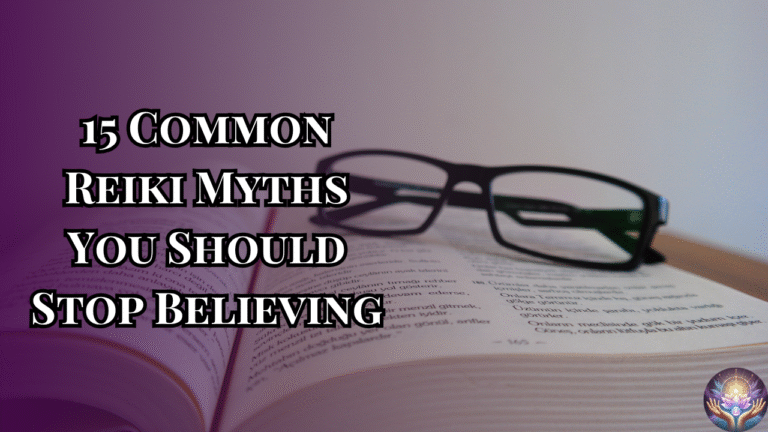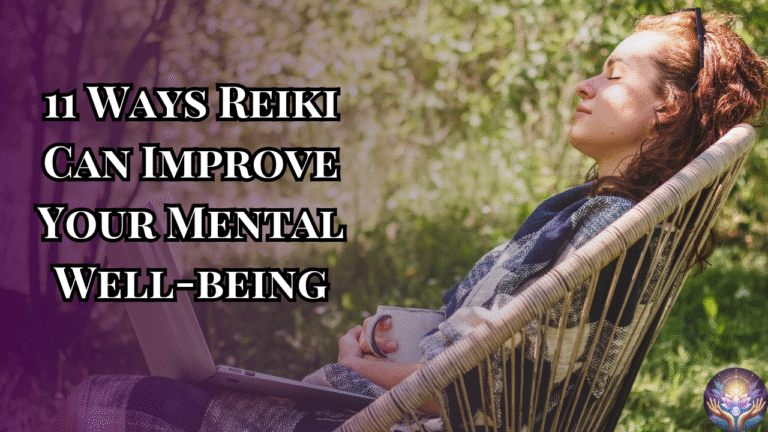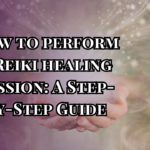Reiki has become a popular energy healing practice for those seeking relaxation, stress relief, and balance in their lives. A common question among those interested in Reiki is, how long do the benefits of Reiki last? The answer varies depending on individual responses, the frequency of sessions, and the issues being addressed. This article delves into the factors affecting Reiki’s duration, how long you can expect the effects to last, and how to maximize its benefits for long-term well-being.
Key Factors to Consider for How Long Do Benefits of Reiki Last
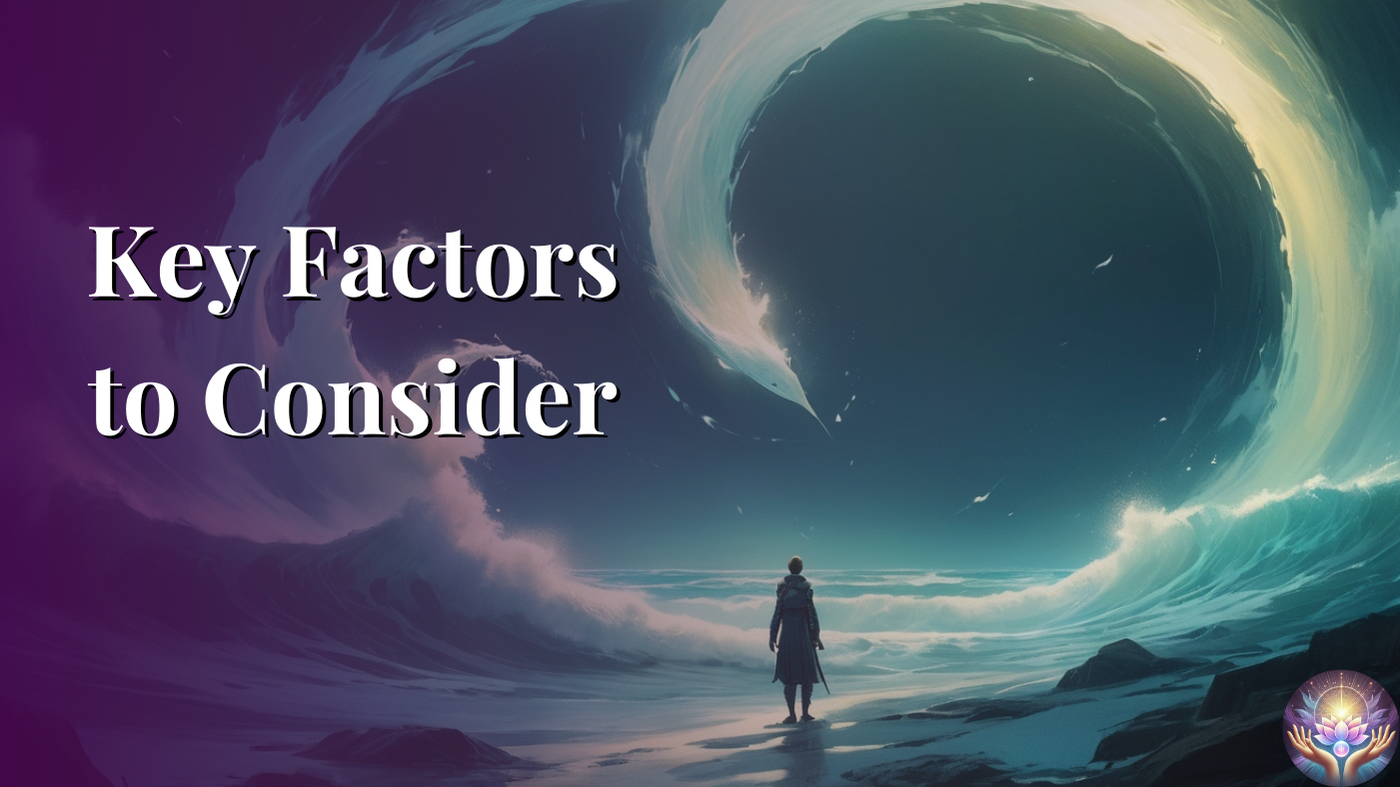
The duration of Reiki benefits depends on several factors. Here are the primary ones:
1. Short-Term Effects of Reiki
Most people feel immediate results after a Reiki session. These effects often include:
- A sense of deep relaxation
- Reduced stress and anxiety
- Enhanced mental clarity
- Improved mood and sleep
The short-term benefits can last anywhere from a few hours to several days, depending on the intensity of the session and the individual’s state of mind and body. For instance, someone experiencing high levels of stress might notice relief lasting for a few days, while others may feel energized for longer.
2. Long-Term Benefits of Reiki
With consistent practice, Reiki offers more profound and lasting benefits. Over weeks or months, regular sessions can help:
- Alleviate chronic stress
- Promote emotional healing
- Support physical recovery from injuries or illnesses
- Enhance overall energy levels
These cumulative benefits are the result of activating the body’s natural healing systems over time. Individuals who integrate Reiki into their wellness routine often report that the effects last longer as they continue their sessions.
3. Frequency of Reiki Sessions
One of the most significant factors influencing how long Reiki benefits last is the frequency of sessions. Here’s a general guideline:
- Initial phase: Weekly sessions are ideal for addressing acute issues like anxiety, grief, or pain.
- Maintenance phase: Once you start noticing improvements, you can reduce session frequency to bi-weekly or monthly.
- Long-term maintenance: For those seeking to maintain balance and harmony, occasional sessions every few months can be sufficient.
The more consistent you are with your sessions, the longer the benefits are likely to last.
Why Do Reiki Benefits Vary for Different People?
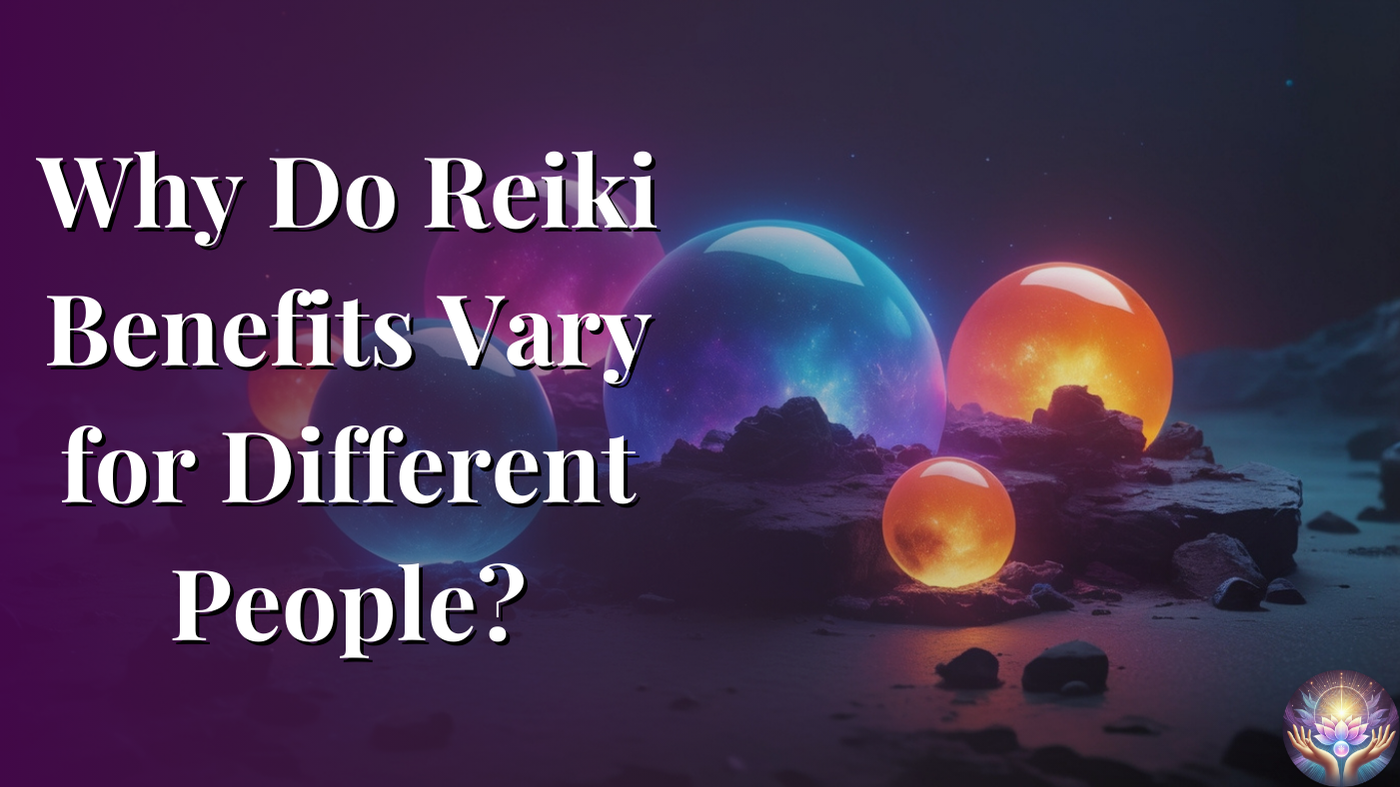
Reiki’s effects are unique to each person because everyone’s energy flow, physical health, and emotional state are different. Here are some reasons why the benefits may vary:
- Individual Response: Some people are more sensitive to energy healing and feel immediate, long-lasting results. Others might need several sessions to experience noticeable changes.
- Type of Ailment: Physical issues like chronic pain may require longer or more frequent sessions compared to emotional concerns like anxiety or stress.
- Lifestyle and Stress Levels: High stress or unhealthy habits can reduce the duration of Reiki’s benefits. Incorporating mindfulness, healthy eating, and exercise can help prolong the positive effects.
- Experience of the Practitioner: A skilled Reiki practitioner can better channel energy and address your specific concerns, leading to longer-lasting benefits.
Tips to Maximize the Duration of Reiki Benefits
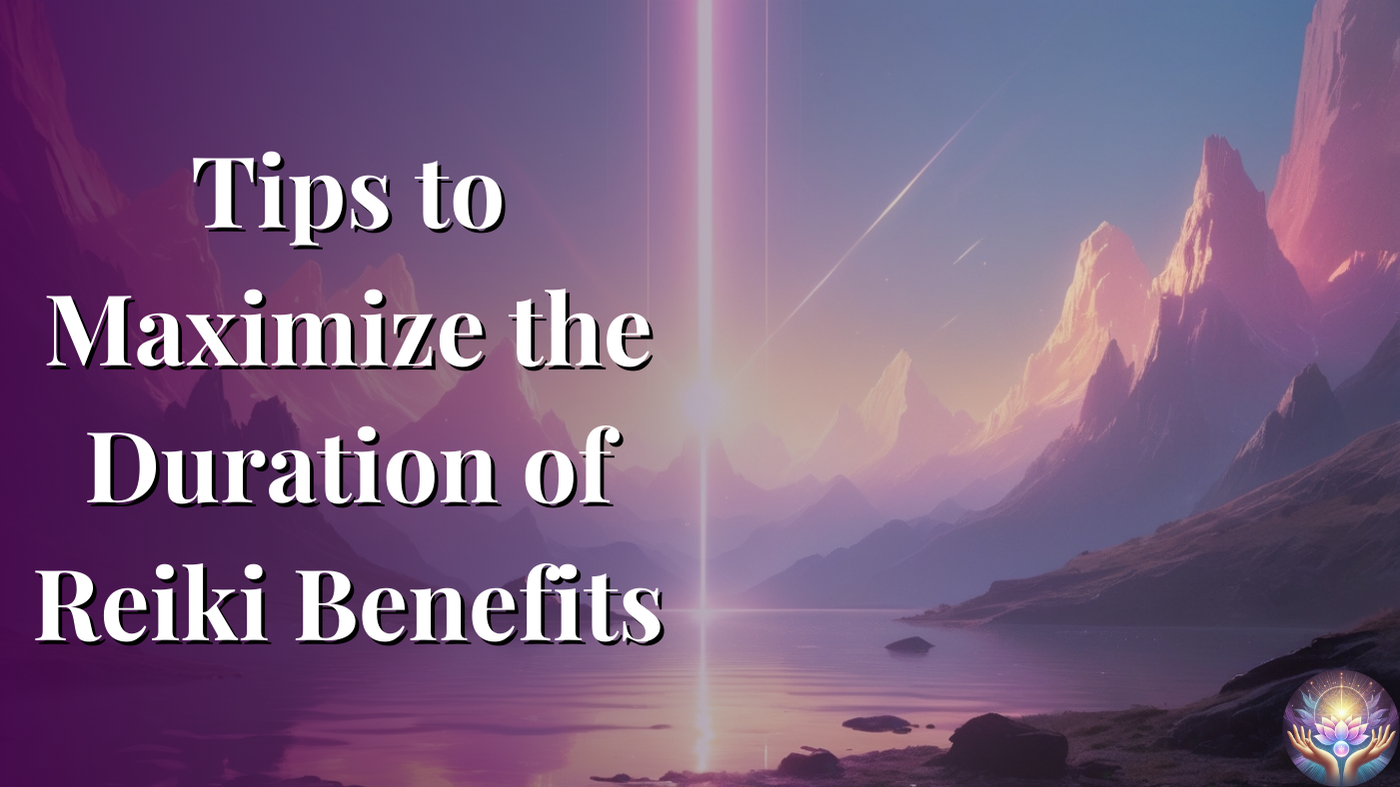
If you want to ensure the effects of Reiki last as long as possible, consider these tips:
- Stay Consistent with Sessions
As mentioned earlier, regular sessions are key to experiencing long-term benefits. Starting with frequent sessions and gradually spacing them out allows your body to adapt and retain the healing effects. - Practice Self-Reiki
If you’ve been trained in Reiki, practicing self-Reiki between sessions can help maintain the energy flow and prolong the benefits. - Adopt a Healthy Lifestyle
A balanced diet, regular exercise, and mindfulness practices like meditation can support your body’s natural healing systems, enhancing the effects of Reiki. - Set Intentions Before Each Session
Focusing on your goals before each session can amplify the healing energy and make the benefits more noticeable. - Communicate with Your Practitioner
Let your Reiki practitioner know about your concerns, goals, and how you feel after each session. This helps them tailor the treatment to your needs and maximize its effects.
FAQ
1. How many Reiki sessions are needed to see results?
The number of sessions varies depending on the individual. Some people feel immediate results after one session, while others may need 3–5 sessions to experience significant changes.
2. How often should I have a Reiki session?
For acute concerns, weekly sessions are recommended initially. Once you notice improvements, you can reduce the frequency to bi-weekly or monthly.
3. Can Reiki’s effects wear off over time?
Yes, the effects can fade if sessions are infrequent or if life stressors increase. Consistency helps maintain the benefits over the long term.
4. Will I feel the same benefits after every session?
Not necessarily. Each session is unique, and the benefits may vary depending on your emotional state, physical condition, and the energy flow during the session.
5. Is Reiki a substitute for medical treatment?
No, Reiki is a complementary therapy and should not replace medical care. It works alongside traditional treatments to enhance overall well-being.
Conclusion
How long do benefits of Reiki last? The answer depends on your unique circumstances, the issues being addressed, and how consistent you are with sessions. Short-term effects like relaxation and stress relief can last for days, while long-term benefits require regular practice and a healthy lifestyle to sustain.
Whether you’re new to Reiki or a regular practitioner, remember that this healing practice is a journey, not a quick fix. By staying committed to your sessions and integrating mindfulness into your daily routine, you can enjoy the lasting rewards of Reiki for physical, emotional, and spiritual well-being.
Let the energy flow, and the benefits will follow!
